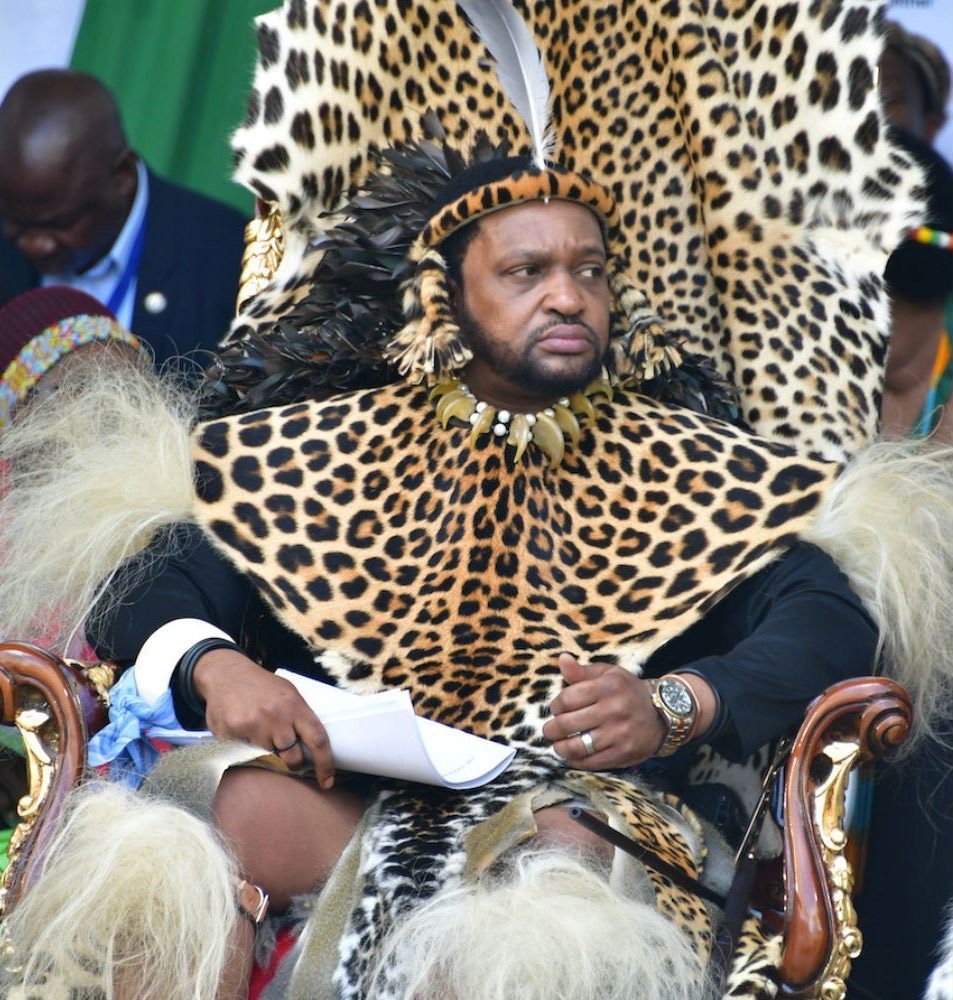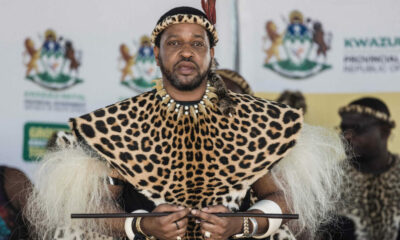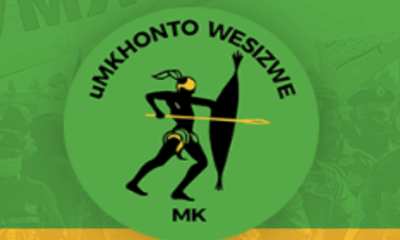News
King Misuzulu Distances Royal Family from R10 Levy Proposal for Zulus

King Misuzulu Clarifies Royal Family’s Position on R10 Levy Proposal
King Misuzulu kaZwelithini has broken his silence on the controversial R10 monthly contribution proposal, making it clear that neither he nor the royal family sanctioned the idea.
In a statement issued by his private office on Wednesday, the king distanced himself from reports suggesting that every Zulu person should contribute financially to support the affairs of the Zulu nation.
“His Majesty has no knowledge of such a proposal, nor has it been tabled, considered, or endorsed by the King’s Council, the Zulu Kingdom Executive, or any recognised structure of the Royal House,” the statement read.
The Origin of the Proposal
The proposal did not come from the king himself but from Professor Jabulani Maphalala, a respected African historian, and Philani Mavundla, founder of the Abantu Batho Congress.
In an open letter over the weekend, the two suggested that Zulus living both in South Africa and abroad pay R10 a month. Their argument was that the king should enjoy financial independence from government funding, particularly after the KwaZulu-Natal Treasury declined to increase support for this year’s Reed Dance ceremony.
Ceremony Funding Dispute
The Reed Dance, a major cultural event, has traditionally been held at the Enyokeni royal palace, which boasts a R140 million amphitheatre complex built at the royal family’s request. However, King Misuzulu announced that the event would move to the Mashobeni palace, sparking funding tensions with provincial authorities.
The Treasury later confirmed that no additional money would be allocated for the ceremony, prompting advisors to float the R10 levy as a grassroots solution.
Royal Response: Freedom to Debate, but Not From the Throne
Prince Thulani Zulu, the king’s spokesperson, clarified that while the royal family respects open dialogue, the levy should not be attributed to the monarch.
“People have freedom of speech. They can debate matters that concern them, but this specific proposal did not come from His Majesty or the Royal House,” he said.
Advisors Defend the Proposal
Professor Maphalala responded to the king’s clarification by emphasising that he and Mavundla never claimed the levy came from the throne.
He explained that the idea was simply placed before the public for debate a process not unlike parliamentary consultations.
“Once the public has engaged, the king will convene his own parliament, an imbizo of amakhosi (traditional leaders), to discuss and either approve or dismiss it,” Maphalala said. “Until then, no one is expected to pay anything.”
Bigger Picture: Royal Finances Under Scrutiny
The debate touches on a long-running question in KwaZulu-Natal: how should the Zulu monarchy balance its reliance on government funding with calls for financial independence?
For many Zulus, the levy proposal feels like a chance to invest directly in their culture and leadership. For others, it raises questions about accountability, especially when government budgets are already stretched.
For now, King Misuzulu has drawn a line: the idea may be debated by his subjects, but it is not an official directive from the throne.
{Source: IOL}
Follow Joburg ETC on Facebook, Twitter , TikTok and Instagram
For more News in Johannesburg, visit joburgetc.com



























